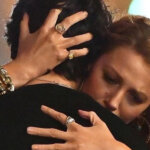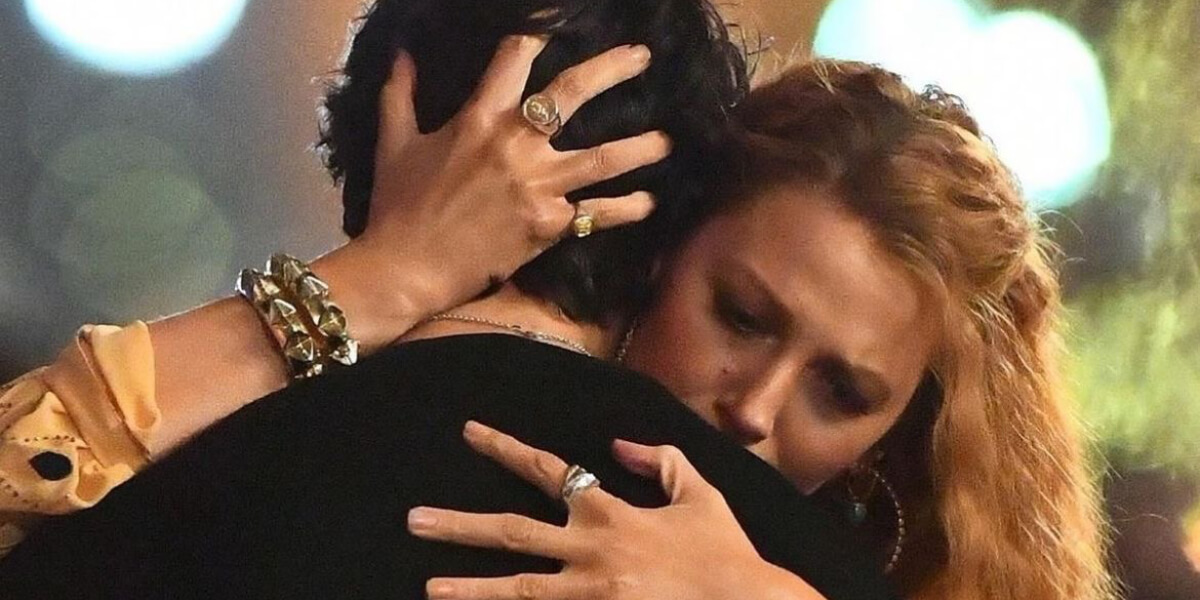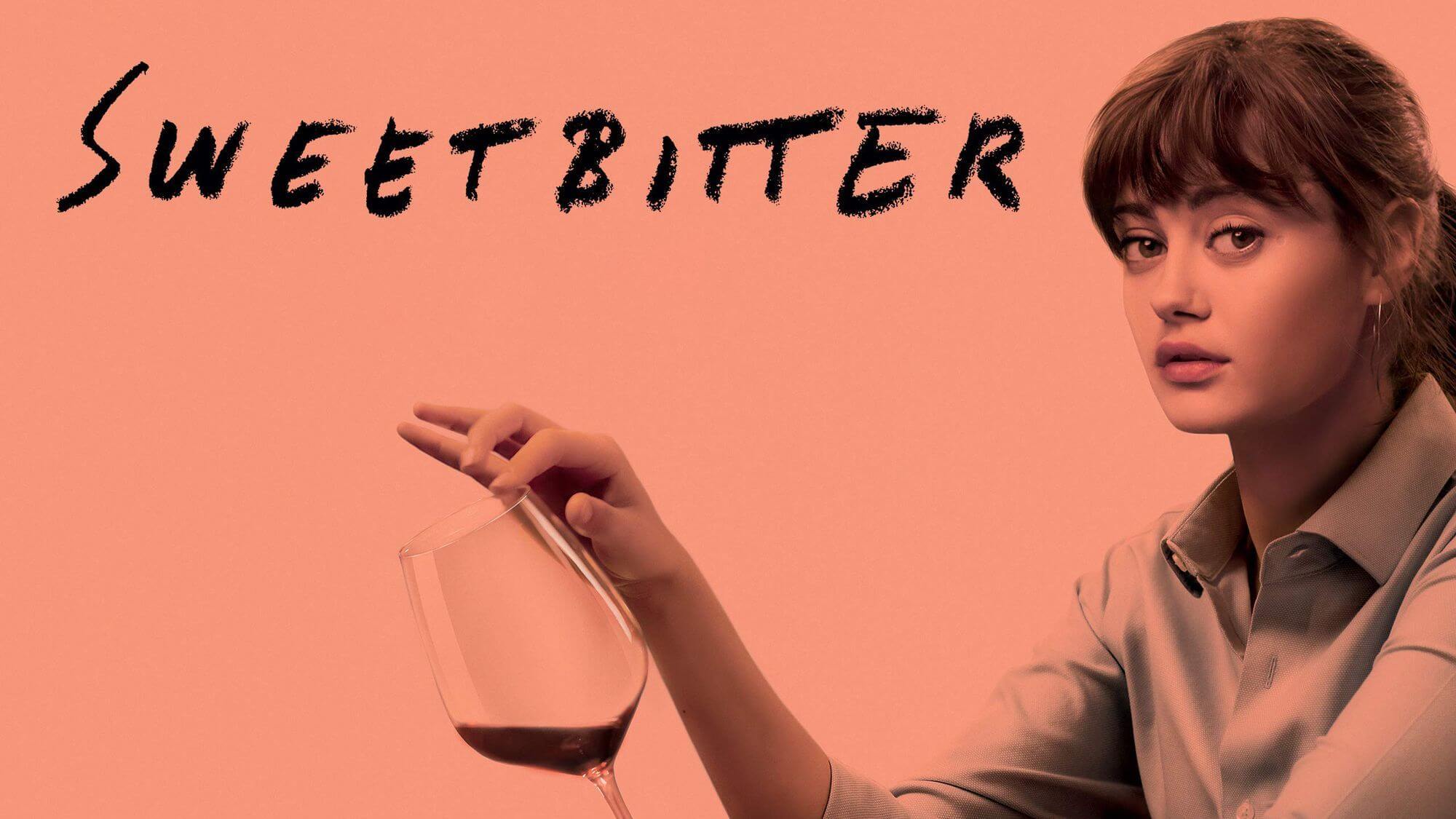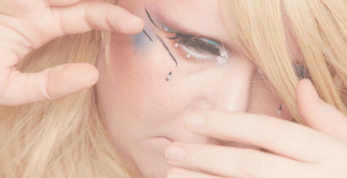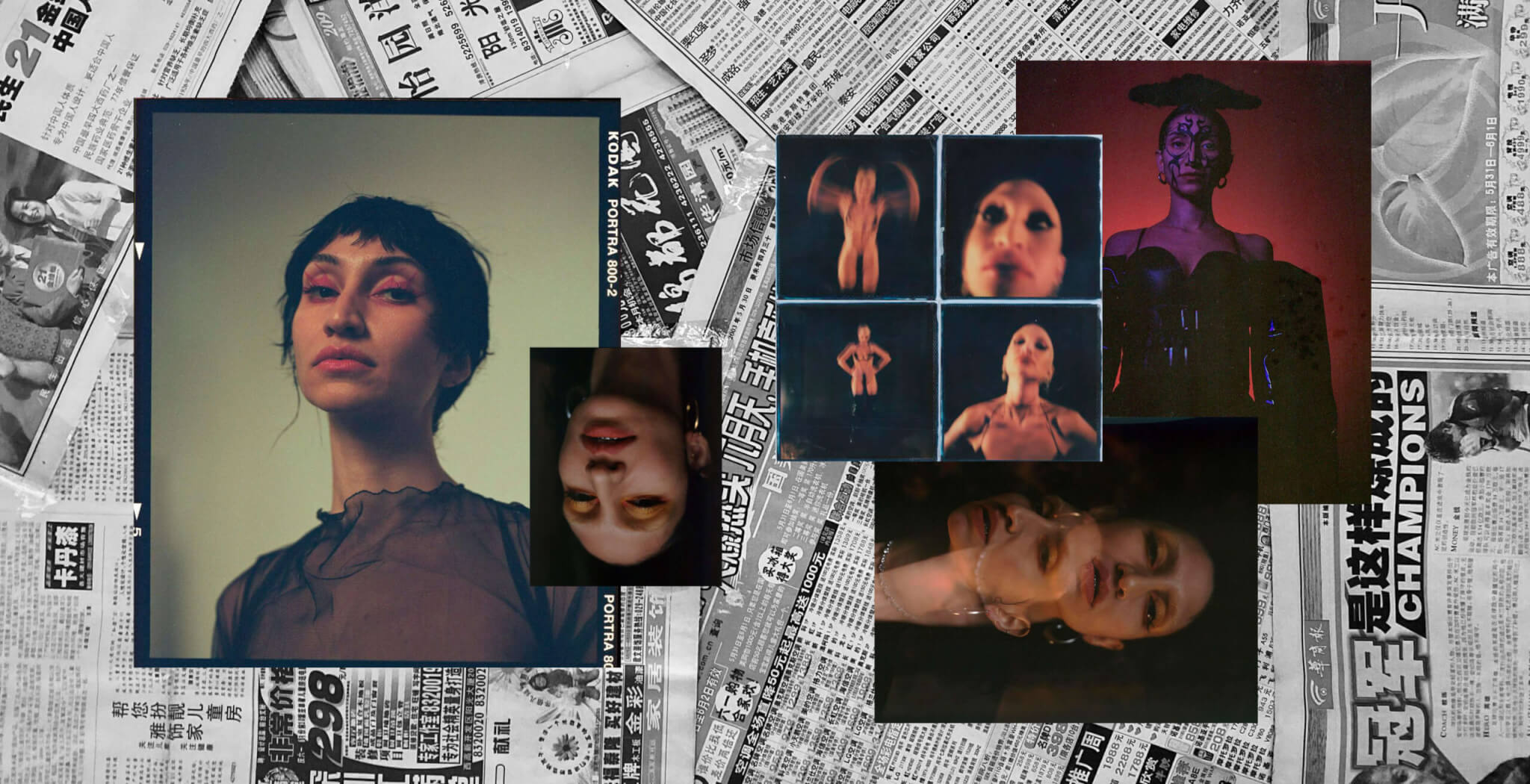Romance is by far one of the most popular genres in literature. Rightfully so – who doesnt want to escape in a romantic world full of love and bliss?
In recent years, the intertwining of media, literature, and social trends has painted a disturbing picture of how romantic relationships are perceived, particularly by younger audiences. The popular BookTok community on TikTok has become a breeding ground for trends that romanticize toxic relationships, blurring the lines between passion and abuse. This issue has been further complicated by the latest controversy involving Blake Lively: reigniting conversations about our society’s troubling desensitization to abusive love.
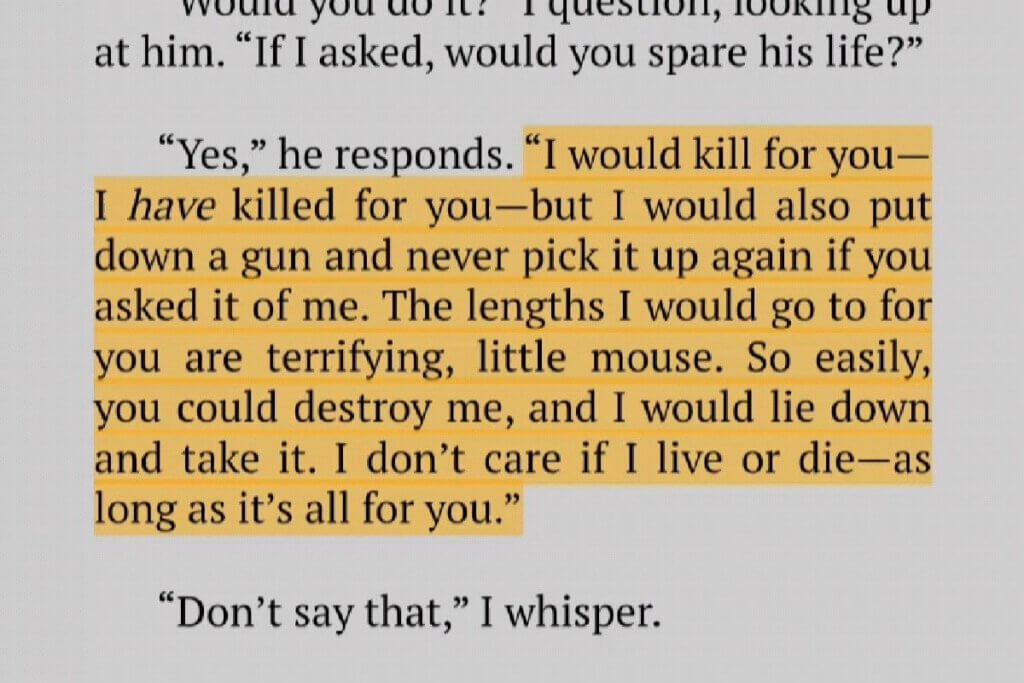
The Allure of Toxic Romance on BookTok
BookTok, a literary sub-community on TikTok, has exploded in popularity, with millions of readers flocking to share and discover books. However, a disturbing trend has emerged, with many viral books romanticizing toxic and abusive relationships. Series like After by Anna Todd and A Court of Thorns and Roses by Sarah J. Maas have been celebrated, despite featuring male leads who exhibit controlling, manipulative, or violent behavior. For many fans, the allure of these stories lies in their intensity and the notion that “love conquers all,” even if that love is riddled with abuse.
The consequences of these narratives cannot be overstated. They perpetuate the idea that abusive behavior is a sign of deep passion rather than a red flag. This normalization can shape young readers’ perceptions of what is acceptable in a relationship, fostering a dangerous cycle of misunderstanding and harm.
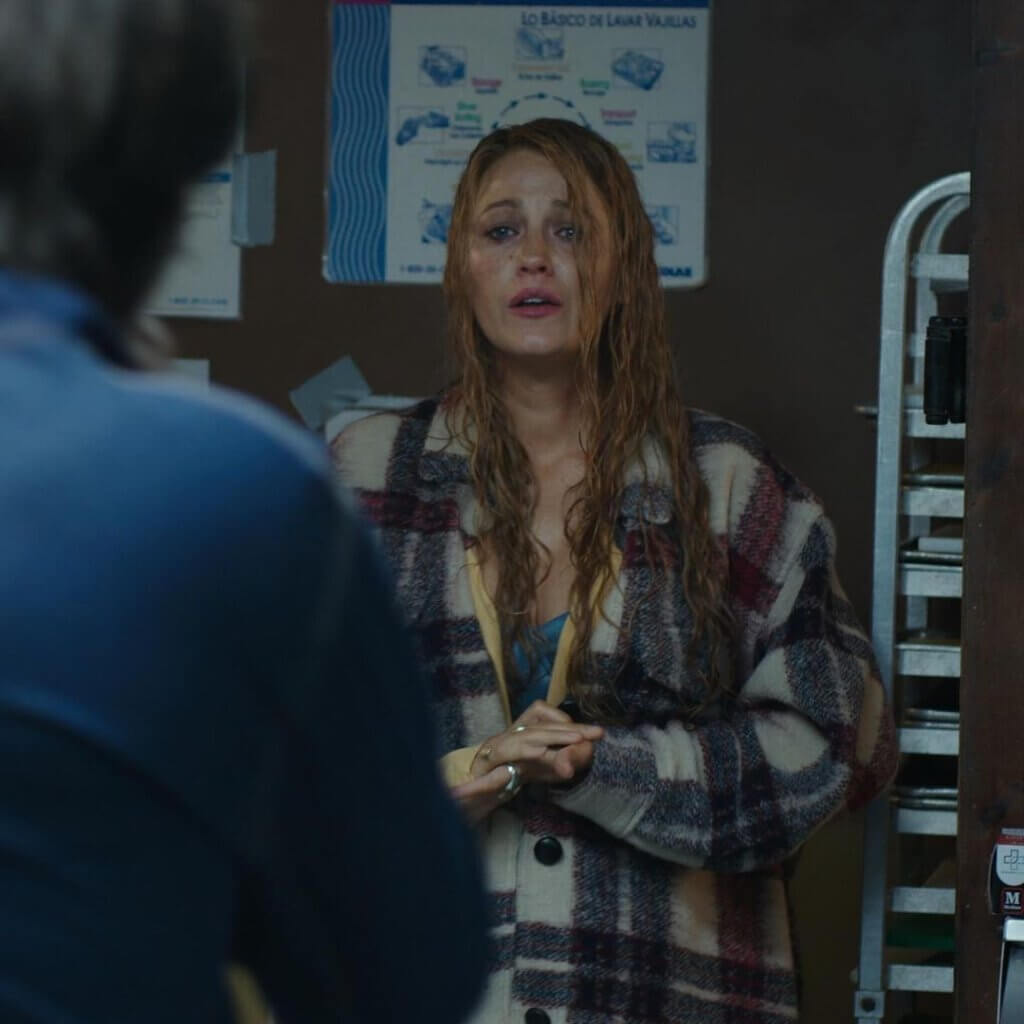
Blake Lively and the Latest Controversy
The broader issue of romanticizing toxic love was thrust into the spotlight with the recent controversy surrounding Blake Lively. As a beloved actress, Lively is no stranger to the public eye, but her involvement in a project that glorifies a problematic relationship has sparked outrage. The recent controversy surrounding Blake Lively is linked to her role in the upcoming film adaptation of Colleen Hoover’s bestselling novel It Ends with Us. The book, which is extremely popular on BookTok, tackles heavy themes of domestic abuse and toxic relationships. Although the novel has been praised for its raw depiction of these issues, it has also faced criticism for romanticizing an abusive relationship, particularly in the context of how the characters’ dynamics are portrayed.
Blake Lively’s casting as the protagonist, Lily Bloom, has sparked a significant backlash for several reasons: The story itself revolves around a complex, toxic relationship between Lily and her partner, Ryle, who is abusive. While the book addresses serious issues, some readers argue that the narrative also dangerously romanticizes Ryle’s behavior. With Lively, a beloved and influential public figure, attached to the project, there are concerns that the film could soften or gloss over the abusive elements, thus diluting the message and potentially glorifying toxic relationships. Especially if you look at how the press tour has been. Quotes such as “grab your friends and enjoy” sparked rightful outrage. Colleen Hoover, the author, has been criticized for her comments on social media, where she seemed to downplay the severity of the themes in her book. This has only fueled the controversy, as fans worry that the film adaptation might not handle the sensitive subject matter with the seriousness it requires.
The controversy reflects a broader concern about how Hollywood and media platforms like BookTok can inadvertently contribute to the normalization of harmful relationships by glamorizing them or failing to properly address the underlying issues. As the film’s release approaches, the discourse around it continues to highlight the delicate balance between storytelling and the ethical responsibility of media creators.
Have We Become Immune?
The intersection of BookTok trends and Hollywood’s endorsement of toxic romances raises an uncomfortable question: Have we become immune to abusive love? The romanticization of abusive relationships is nothing new, but the current media landscape, amplified by social platforms, has given it unprecedented visibility and acceptance. When beloved figures like Blake Lively participate in projects that glorify toxic love, it reinforces the idea that such dynamics are normal, or even desirable.
This growing desensitization is alarming. While fiction often explores complex and messy relationships, there is a fine line between depicting flawed characters and romanticizing harmful behavior.
BookTok, Hollywood, and all forms of media bear a responsibility to consider the impact of their content on audiences. By challenging the normalization of abusive relationships, we can push for healthier representations of love — ones that inspire rather than harm.








